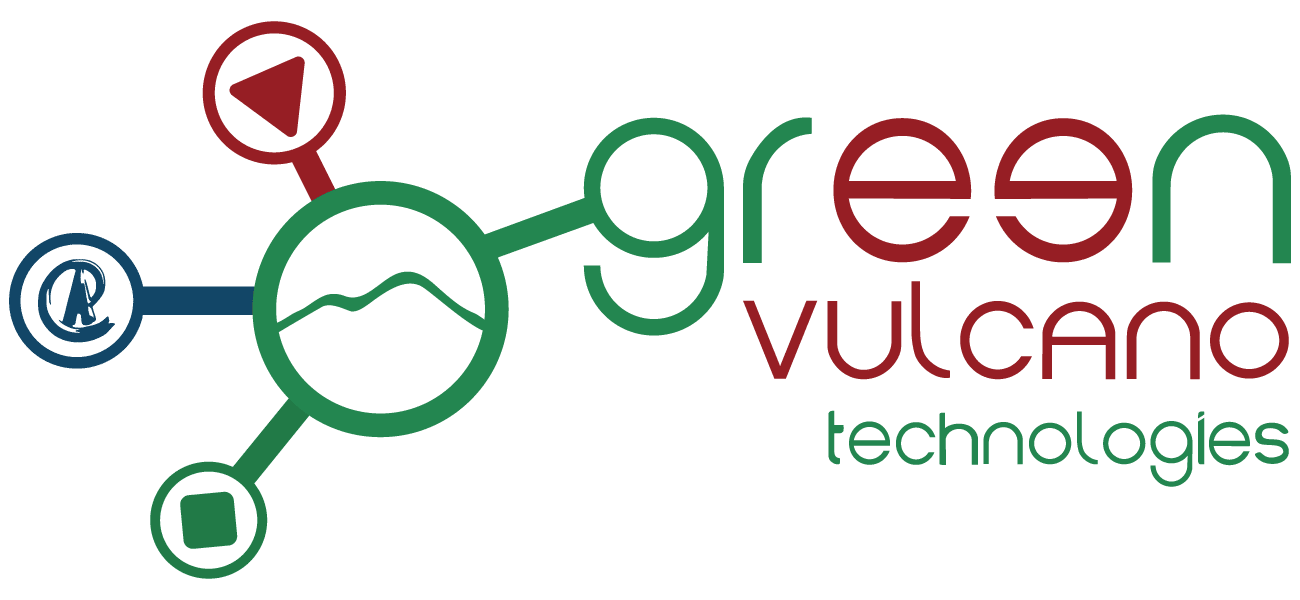The R&D Lab in GreenVulcano is one of the most active “Made in Italy” technology research environments around. For more than 20 years, the research group has been extremely active in both the IT and tech innovation spaces. All this with a keen eye focused on the world of IoT and software integration.
Today, we will interview Mario Stefanutti. Mario has been the CTO of GreenVulcano for approx 3 years now and he also oversees the Rome R&D Lab. A charismatic figure with more than 20 years of experience, he has contributed significantly to the growth of large groups such as Telecom Italia and Reply.
Hi Mario, welcome and thanks for being here.
Although at the end of 2019 the trends foreseen by Gartner and others for 2020 all centered around Automation, Traceability, Artificial Intelligence, Personal Profiling, Digital Medicine, and Augmented Experiences, the sudden global Covid-19 pandemic found some of the relevant actors unprepared. How did a highly innovative company such as GreenVulcano capture the opportunity to apply technologies and innovative paradigms in a suddenly digitized context?
I sharply recall that in the ‘90s, “work-from-home” was already a buzz-word and I remember the discussion regarding how quickly work habits were about to change in the upcoming years. However, that change never really happened and in the years to follow, everyone assumed that working from home could never be adopted on a large scale.
Unfortunately the pandemic has imposed this decision upon the world. We realized that we’ve been technically ready to change for some years. We have audio/video communication platforms, cooperation tools and adequate, efficient, and mature technological means that play a very important role.
Mankind will necessarily make good use of this work-from-home experience. It will become an increasingly important tool in the future even after the emergency.
For GreenVulcano - having offices in Naples, Rome and Boston - experimentation and adoption of collaboration tools were already underway. The lockdown has just accelerated the process, making everyone more aware of how important these tools are.
Has there been a particular impact on the US branch and how are the circumstances developing under the Trump administration?
Still too early to make a call. Cases are still high in the US and all over the world. We shouldn’t forget that many businesses were affected by Covid19, transports, tourism, hospitality, events, fairs, congresses, security, and so on. As a service company we work with these sectors, in a hyperconnected world and with complex interdependencies.
At the moment, GreenVulcano hasn’t been affected too harshly but we have to wait a little longer to correctly evaluate the pandemic consequences. I think the key to good living in this context is the ability to rapidly adapt to changes.
As for political issues during this historical period of time, I think that all of the world leaders have been called upon to make difficult choices, with enormous consequences on the economy and the wellbeing of people.
Within GreenVulcano, did the “nerd branch” of the R&D department get affected by the changes in the customers’ internal processes?
It’s been a significant change and it impacted almost everyone across the company, even clients and suppliers. We all adapted to this new situation, to this new way of sharing and working together. I think people reacted well to it.
As for the “nerd branch”, the R&D departments... Well, I think they were the least affected ones of all. Somebody should call to notify them that something significant in the world has occurred during the last few months!
I’m just joking obviously, the question about the “nerd branch” made me think about the historical meaning of the term nerds. Someone “with solitary tendencies and with a somehow reduced propension to socialize”.
Nowadays everything’s different, but some professional categories always had the propensity to embrace these kinds of tools.
As for the Service Line - Mobility, Utility, and Telecommunications - did the pandemic and the lockdown entail a greater effort in the technical department, due to new customer requests?
We’ve seen a general increase in activity caused by pandemic-induced changes. We had to adapt the systems in use to the new conditions and train people for the new workflow and information sharing procedures.
Many sectors were affected, each in its own way. As for Mobility, besides the new initial setup of the systems and the almost total halt during the lockdown, we’ll just have to wait and see how the circumstances evolve. For example, car sharing or shared mobility in general. This market was exploding in the last few years. It had an exponential growth and was invading our cities. What’s going to happen from September onward? How long can big companies or startups that invested in mobility during a prolonged lockdown or limited service conditions survive? Is it going to be different if we talk about alternative vehicles, maybe electric cars, scooters, mopeds, bicycles?
We believe that once the emergency has passed, sharing mobility will come back even stronger than before. But companies will have to better evaluate the service costs of the systems and adopt more flexible and efficient solutions. Even installation and maintenance costs must become flexible.
Currently GAIA, the ESB foundation of GreenVulcano’s integrations, is OpenSource in its version 4.0. Is there any development coming soon? What are the new features you are studying for the next release?
The product has evolved with us over time, always focusing on the best ways to anticipate the next IT forthcoming novelties. Changes such as cloud technologies, microservices, and IoT - the latter, a field that we are paying much attention to lately.
In the version 4, we worked on miniaturization of the product, so as to use it in the cloud on microservice-based architectures (like Docker or Kubernetes) and to deploy GAIA ESB into Edge substrate inside IoT architectures too. In these situations, optimizing the CPU and the memory usage is essential.
In the next release, IoT and AI will still guide the product evolution. But we’ve got much more on GAIA’s roadmap, for a number of reasons. For example, we’re aiming to deliver the product as an iPaaS, with a pay-per-use availability. That’s an evolution of the “hybrid pattern” models that allows new infrastructures to talk with the more legacy ones. With this solution we can overcome legacy assets still relevant in big utilities or companies.
Coming out from the critical stage of the pandemic, what would you like to bring with you in your professional future?
Among the many things, I will bring with me the maturity and ability to adapt that I’ve seen in all of my colleagues. Even while struggling with the home-work life balance, they always acted in a professional manner both among their coworkers as well as with our clients during a really challenging time.
Thanks a lot, Mario!
Mario Stefanutti is a CTO with more than 20 years of experience with complex IT infrastructures and systems. Experience gained on major companies like Telecom and Reply, where he’s covered roles from Solution Architect to Technical Project Leader.
At GreenVulcano he manages the R&D Lab in Rome and he’s responsible for the strategic definition of technical developments of all GreenVulcano products.


